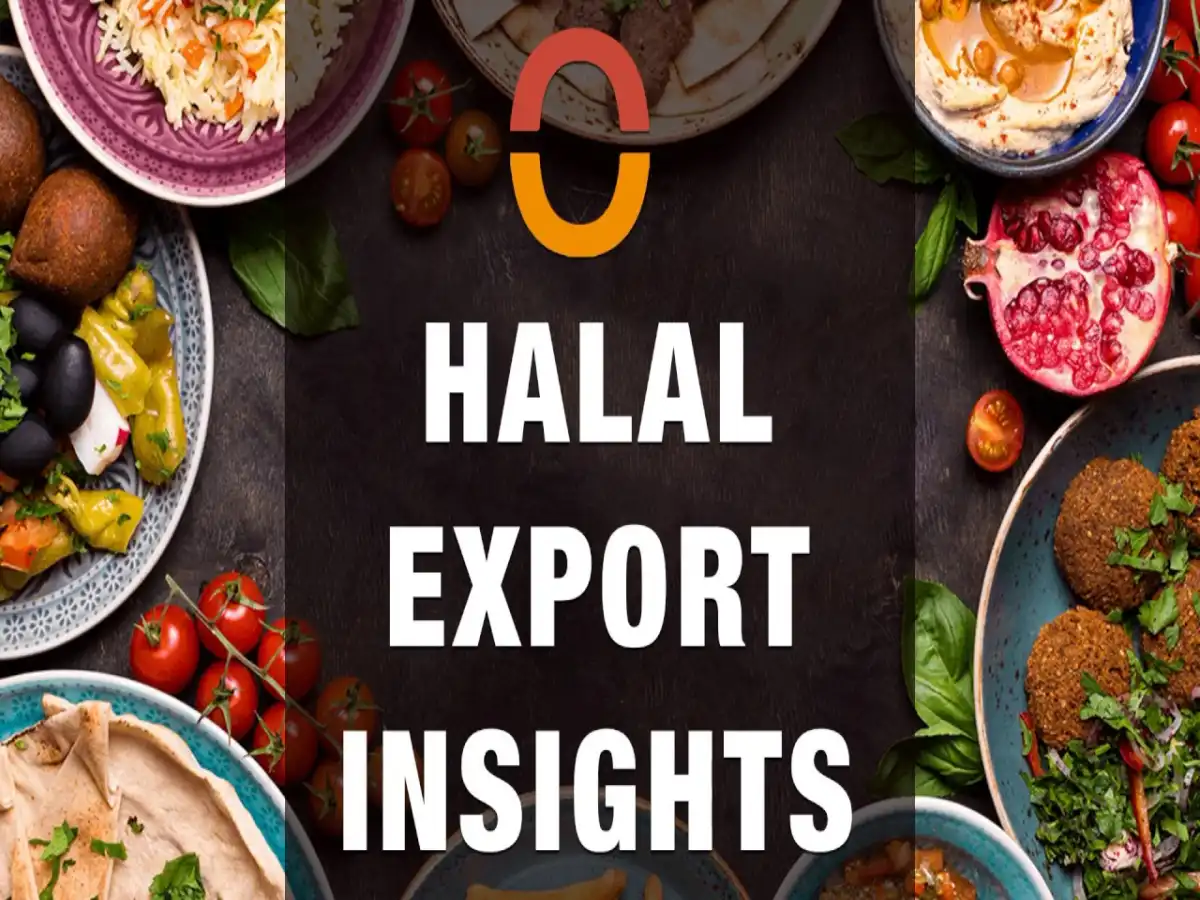Understanding Halal Certification: Market Insights & Impact in India
<p>The discourse surrounding Halal Certification in India has witnessed a surge in attention and discussions. Delving into this topic unravels a tapestry of its market impact, underlying significance, and the recent ban imposed by the government of Uttar Pradesh. In essence, Halal denotes adherence to Islamic dietary laws, certifying that a particular product or meat […]</p>

Understanding Halal Certification: Market Insights & Impact in India
The discourse surrounding Halal Certification in India has witnessed a surge in attention and discussions. Delving into this topic unravels a tapestry of its market impact, underlying significance, and the recent ban imposed by the government of Uttar Pradesh.
In essence, Halal denotes adherence to Islamic dietary laws, certifying that a particular product or meat has been prepared according to prescribed Islamic guidelines. The certification process involves specific methods of slaughter, termed as “Jibah,” ensuring the compliance of meat products with Islamic regulations.
Understanding the market dynamics reveals a burgeoning landscape within India. With an approximate valuation of 8.3 lakh crore, the Halal economy in India resonates as a significant player in the global market. Companies like Halal India Private Limited, Halal Certification Services India Private Limited, Jamiat Ulema-e-Maharashtra, and Jamiat Ulema-e-Hind’s Halal Trust have been instrumental in defining this market’s contours.
While various Islamic countries bestow Halal certification under governmental supervision, India operates differently. Unlike the FSSAI certification that encompasses most food items, Halal certification in India is not provided by FSSAI currently. This void has led to a rise in multiple companies distributing Halal certifications independently.
The certification, primarily sought after by the Muslim community, allows them to consume products without reservation. However, recent debates question the necessity of extending this certification beyond meat products. The Uttar Pradesh government’s stance advocates restricting such certification exclusively to meat sales, sparking discussions about its broader application.
The Halal market in Uttar Pradesh comprises approximately 1400 certified hotels and restaurants, contributing to a market value of around 30,000 crores. Moreover, crucial sectors such as aviation services and food chain companies like Swiggy-Zomato rely significantly on Halal-certified products to sustain their operations.
In a global context, the Halal food market witnessed a valuation of 1978 billion dollars in 2021, with projections soaring to 3907.7 billion dollars by 2027. This exponential growth highlights the expanding significance of Halal-certified products in the international market.
Understanding Halal Certification’s multifaceted aspects, market implications, and regulatory frameworks provides a nuanced view of its significance within India and its burgeoning global impact.








